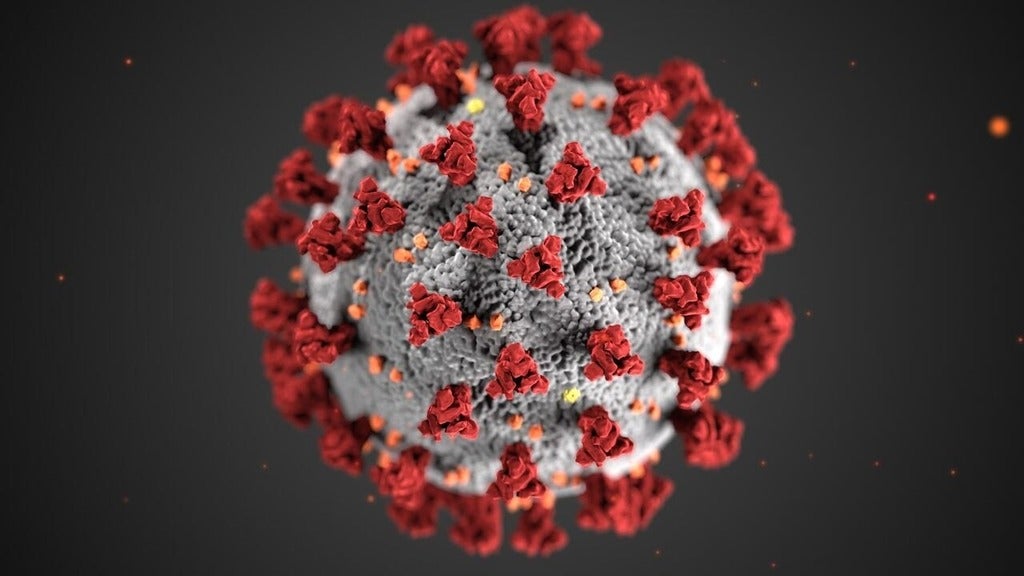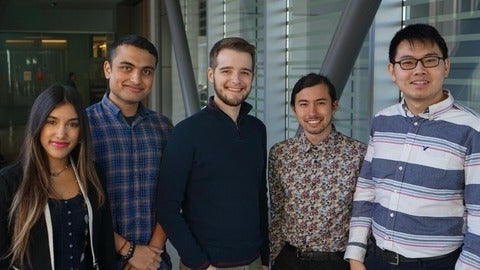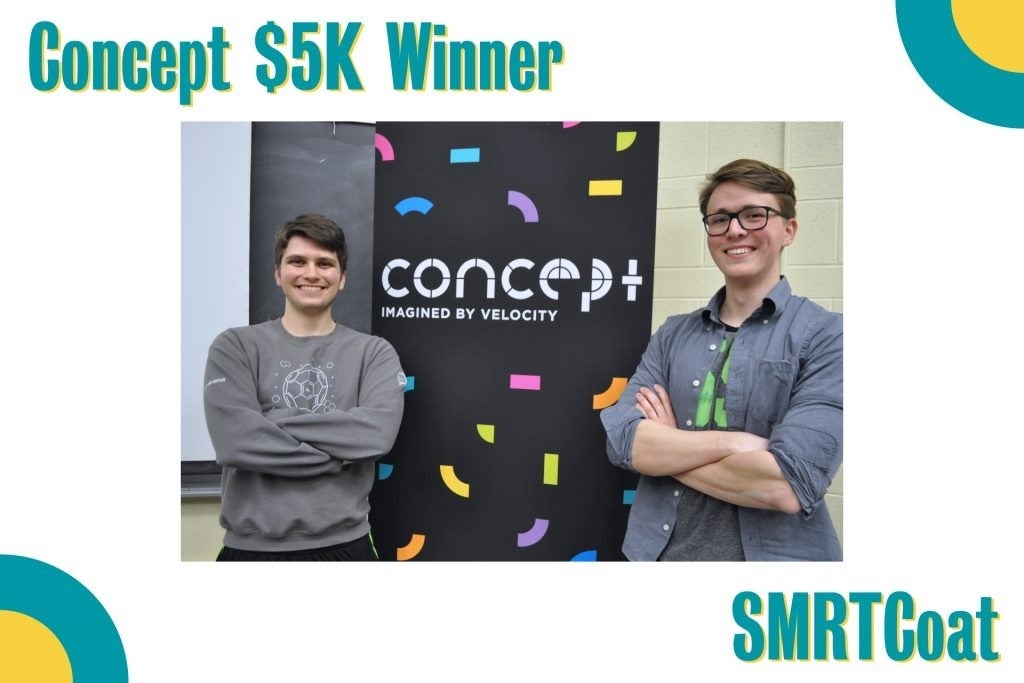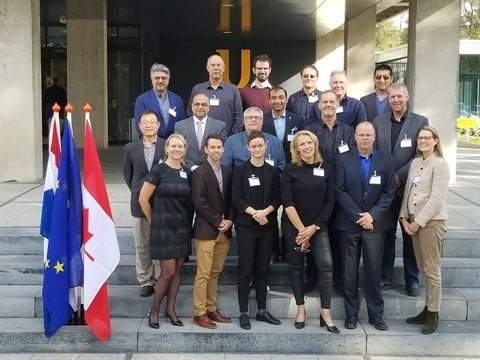Alumnus company wins backing for COVID testing kit
A biotechnology company co-founded by a Waterloo Engineering alumnus has been awarded almost $300,000 in government funding to develop a portable diagnostic test for COVID-19.
Nicoya, a Kitchener-based provider of advanced analytical instruments for the biotechnology and pharmaceutical industries, grew out of a Capstone Design project by nanotechnology engineering student Ryan Denomme (BASc ’10, MASc ’12).
The funding is part of a challenge issued by the Public Health Agency of Canada and the National Research Council of Canada.





